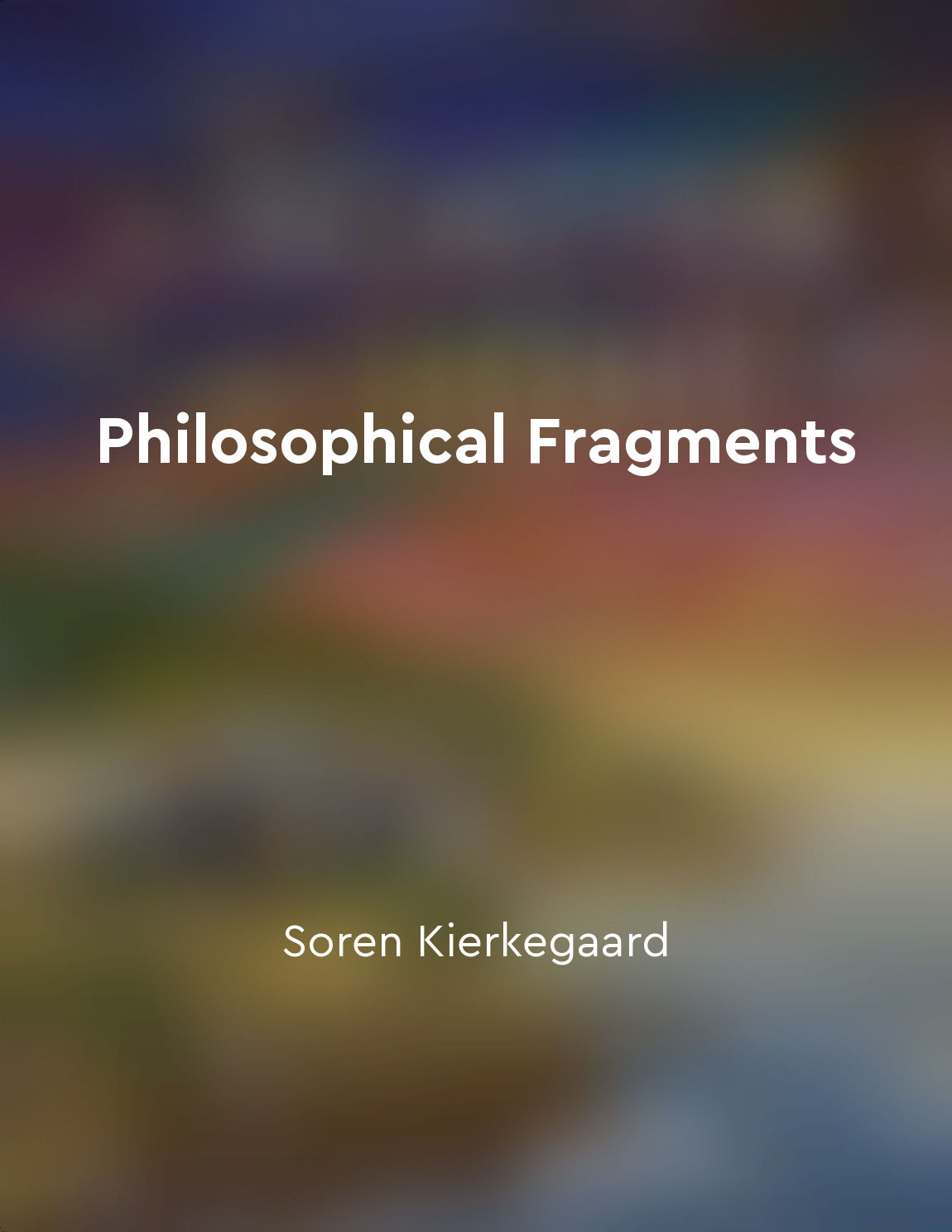Faith and reason can coexist from "summary" of The Language of God by Francis Collins
The idea that faith and reason are not mutually exclusive is a notion that has been debated for centuries. Some argue that faith is based on beliefs that cannot be proven by reason or evidence, while others claim that reason alone can lead to a complete understanding of the world. However, a deeper examination reveals that these two seemingly opposing perspectives can actually complement each other. It is true that faith often involves beliefs that are not easily explained or understood through reason alone. For many, faith is a deeply personal and emotional experience that goes beyond what can be empirically proven. It is a source of comfort, guidance, and purpose in life. On the other hand, reason is grounded in evidence, logic, and critical thinking. It relies on observable facts and rational arguments to make sense of the world. Despite these differences, faith and reason can coexist harmoniously. In fact, they can even enhance each other. For example, faith can provide a framework for understanding the world and our place in it. It can offer moral guidance, inspire acts of compassion, and provide a sense of hope in times of uncertainty. Reason, on the other hand, can help us critically evaluate our beliefs, challenge our assumptions, and expand our understanding of the natural world. In his book "The Language of God," Francis Collins argues that faith and reason are not incompatible, but rather two different ways of seeking truth. As a scientist and a Christian, Collins believes that both faith and reason have important roles to play in our quest for knowledge and understanding. He suggests that faith can provide answers to questions that reason alone cannot address, such as the meaning of life, the existence of God, and the nature of morality. At the same time, Collins acknowledges the importance of reason in scientific inquiry and understanding the natural world. He emphasizes the need for critical thinking, empirical evidence, and rational discourse in the pursuit of truth. By integrating faith and reason, Collins suggests that we can develop a more holistic and nuanced understanding of the world around us.- The idea that faith and reason can coexist is not a new concept, but one that has been debated and discussed throughout history. By recognizing the unique strengths and limitations of each perspective, we can find a more balanced and comprehensive approach to seeking truth and understanding the world. Faith and reason are not opposing forces, but rather complementary ways of exploring the mysteries of existence.
Similar Posts
The subconscious mind
The subconscious mind is the most powerful part of our brain. It is like a hidden force that controls our thoughts, beliefs, an...
Humility is a virtue to be cultivated
The idea that humility is a virtue worth nurturing is one that resonates deeply with me. In a world that often rewards self-pro...

Through selfexamination, one can come to a deeper understanding of their own beliefs and values
Through the process of self-examination, individuals have the opportunity to delve deeper into their own beliefs and values. Th...
Seek unity with the cosmic energy
In the vast expanse of the universe, there exists a cosmic energy that flows through all living beings and connects everything ...
Faith requires a willingness to go beyond the limits of reason
In order to truly have faith, one must be willing to transcend the confines of reason. This concept challenges individuals to a...

